Deeply rooted in community sustainability, and practice.
Our mission is to reconnect the system: soil, people, seeds, animals, nutrition, planet, real food, sustainable food, healthy food, meals, groups, community, cooking, eating, and transcendence.
Society at large does not appreciate or understand how our recent industrial food systems and productions have engineered an entirely new way of being in relationship with our planet, our food, and with one another. It’s like a new chapter in human history. Basically all the way through human history before the last 100 or so years, people have innately, intuitively, and wisely understood that eating is relational. It’s bound up as cultural, ecological, agricultural, and economic at the root. This foundational understanding means that eating was always bound to ecological limits and ecological potential. A group could not abuse the land for long and expect to be able to eat from it.
Today, in 2021, with our modern food and agribusiness, people no longer understand eating as an interconnected and ecological reality. Instead - food and eating have become almost entirely an economic reality. In the name of efficiency and price, the reduction of cost and the maximization of profit, means that when business decides how to grow and produce food (or food-like substances), they are not asking about the fertility of the soil, the supply of water, or the consequences of poison. However, as we begin to reconnect and to remember our ancient wisdom, that the whole system is interwoven and contingent, we are remembering that we have to protect our soils fertility and water purity, because when we lose those, we lose everything!
But in our predominantly modern economic way of thinking about agriculture, the primary concern is about price; the system is almost entirely concerned with only efficiency. And as soon as it went down that path, we were bound to do exactly what we have done today: we’ve compromised soil fertility, we’ve been ok to use up or poison our waters, with little worry about the abuse and misuse of our animals, and we mistreat the agricultural workers because we’re doing it all for the noble aim of the cheapest price!
For a lot of people, all that matters is that the food is available and that it is really, really cheap.
Cheap food, however, conceals a lot of costs to human and ecological health. As ecological systems and agricultural communities and workers suffer more and more, we’re going to find ourselves in a position where the food system itself will be completely unsustainable and will collapse.
“TO BE INTERESTED IN FOOD BUT NOT IN FOOD PRODUCTION IS CLEARLY ABSURD.”
About Us
Feast and Fallow is a Christian social enterprise. At the core of the historical Christian witness, is the celebration of the earth, human connection and community, and the sharing of food (communion is one such example). In recognition of this core Christian value and practice, some congregations are now choosing to focus on the role that food plays as both a humanizing and isolation reducing mechanism in our society. However, the issues around food are larger and transcend the social sphere. Take for instance how our food systems are exploited and extended in unsustainable ways. Many Christians, therefore, also share in the conviction that the Christian Church should raise its voice in advocacy for regenerative, sustainable, organic, holistic, and just food systems.



